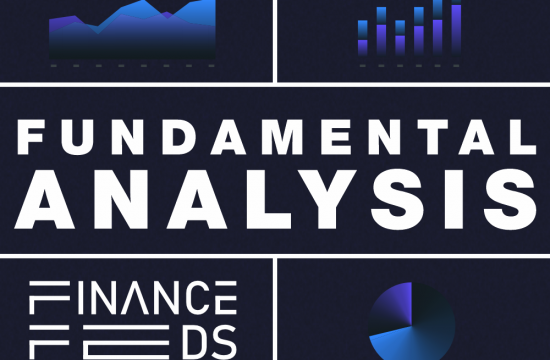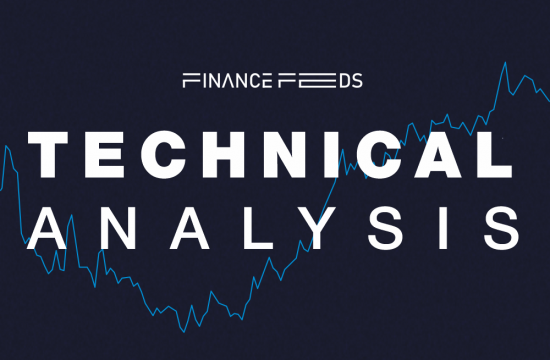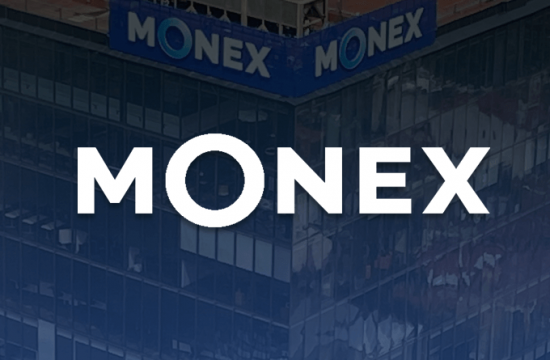FP Markets, an FX and CFD broker from Australia, has announced the addition of more than 550 share CFDs from different stock markets around the globe, on its platform. These CFDs are from share markets in London, Hong Kong, NYSE, Amsterdam, and other exchanges all around the world.
This adds to the 10,000+ trading instruments that it already offers for its users to trade in. These new instruments are available for trading on its MT5 platform which is the latest addition to the trading arsenal at many brokers and is specifically built for trading CFDs and stocks.
Craig Allison, Head of Europe, Middle-East, and Africa commented: “The interest around equities has reached an all-time high globally and it is important for us to continually evolve and expand our product range in line with increased client demand for a greater diversity of our range of share CFDs. We already have an impressive portfolio of leading global stocks including companies like Tesla and the so-called ‘FAANGs.’ This exciting new product range adds an array of global companies from a wide range of sectors, on a number of international exchanges, including Alibaba, Zoom and a range of Biotech and Big Pharma companies, which have proved especially attractive to investors since the COVID-19 pandemic. This new range of share CFDs is available on FP Markets Metatrader 5 platform which offers advanced functionality and fast execution for both new and experienced traders who are looking to trade the global markets quickly and efficiently on both desktop and mobile.”
FP Markets has 8 platforms that the user can trade in and this includes MT4, MT5, and Iress. The user can trade on FX, CFDs, and cryptos as well and the brokerage has been constantly upgrading its platforms and offerings to keep abreast of the times. Even recently, it had announced the launch of its social trading platform which the users can customise to suit their risk appetite and also ensure that the trading is under control at all times. The brokerage had also reduced the leverage it offered to small retail traders to ensure the safety of their funds and to reduce the risk. This is in contrast to the direction that other brokers take as they offer larger leverage to smaller accounts to encourage them to trade more, thus increasing their chances of blowing up their accounts in the long run.












